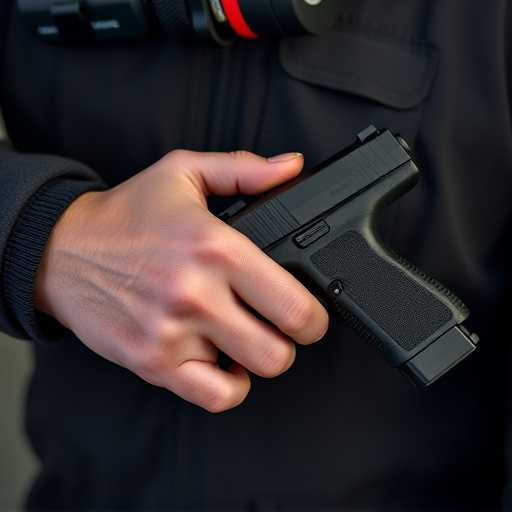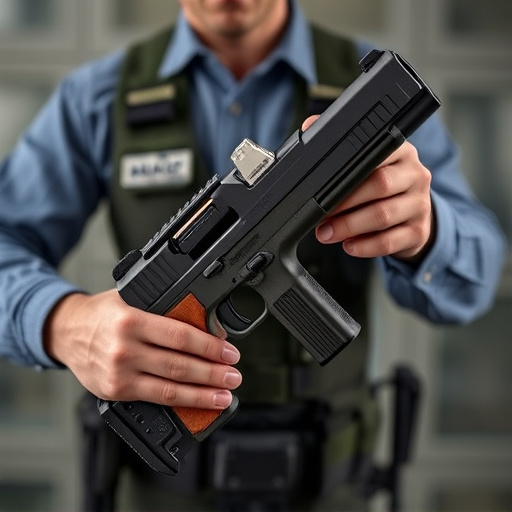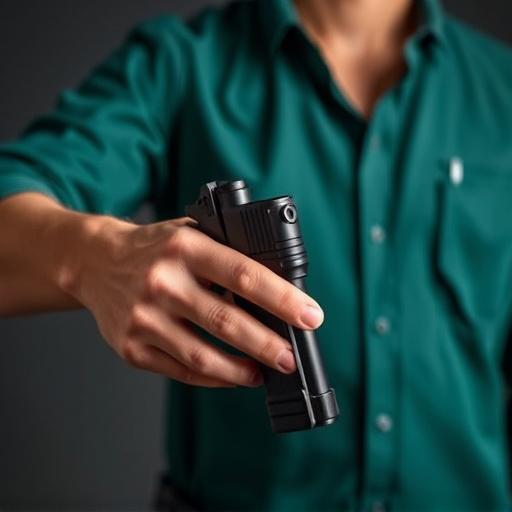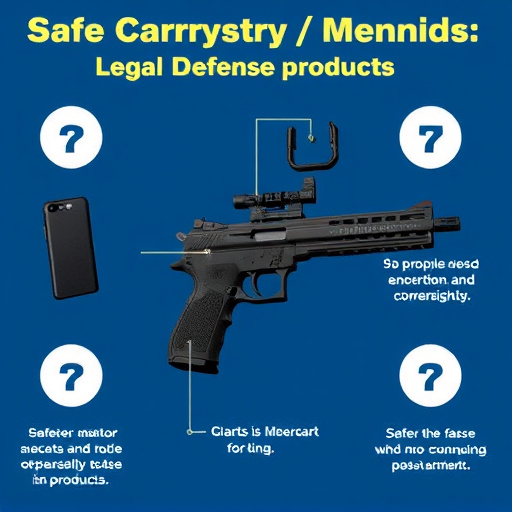Understanding local laws regarding self-defense gear is crucial due to varying legalities across jurisdictions. Licensing and permits are required in many places for items like pepper spray or stun guns, with strict adherence to rules to avoid penalties. Insurance and liability considerations are vital to protect against civil lawsuits or denials, alongside seeking legal advice for comprehensive coverage.
Understanding the legal considerations surrounding self-defense products is crucial before embarking on their possession. This article navigates the intricate web of laws governing defense gear, offering insights into key aspects such as legal definitions of self-defense, licensing requirements, and liability concerns. In today’s digital era, folks must be informed about these legalities of defense gear to ensure they remain compliant while fostering personal safety. By delving into these topics, we aim to revolutionize how individuals approach their self-defense options.
- Understanding Legal Definitions of Self-Defense
- Licensing and Permits for Defense Gear Possession
- Liability and Insurance Considerations for Carrying Self-Defense Products
Understanding Legal Definitions of Self-Defense

The concept of self-defense is a fundamental right in many jurisdictions, but it’s crucial to understand the legal definitions and interpretations surrounding this right when considering carrying defense gear. Laws regarding self-defense vary widely from one region to another, and even within countries, specific rules can differ significantly. For instance, some regions define self-defense as the use of force necessary to protect oneself from imminent harm, while others may have a ‘stand your ground’ policy, allowing individuals to defend themselves without retreating in certain situations.
Understanding these legalities of defense gear is essential for ensuring compliance and personal safety. It involves grasping when and how one can legally employ self-defense tactics, including the types of force permitted (e.g., non-lethal vs lethal) and the circumstances under which they are applicable. Staying informed about local laws and regulations is vital to navigating the legalities of defense gear and maintaining the right to protect oneself effectively.
Licensing and Permits for Defense Gear Possession

In many jurisdictions, owning self-defense products like pepper spray or stun guns comes with specific licensing and permit requirements. Before considering carrying such devices for personal safety, individuals must understand and comply with local laws. These regulations vary widely across regions, so it’s crucial to check with your local law enforcement agencies or legal experts for precise guidelines. Failure to adhere to these legalities can result in severe penalties, including fines and potential criminal charges.
Licensing and permit processes often involve background checks, training requirements, and proof of need. Some areas mandate specific types of training or certifications for responsible possession. These measures are designed to ensure that only qualified individuals with legitimate reasons can access defense gear, thereby maintaining public safety and security.
Liability and Insurance Considerations for Carrying Self-Defense Products

When carrying self-defense products, understanding liability and insurance considerations is crucial to navigating the legalities of defense gear. While possessing a self-defense tool like a pepper spray or a stun gun may be legal in your region, using it inappropriately could lead to unforeseen consequences. For instance, if you use force that exceeds what’s considered reasonable under the circumstances, you might face civil lawsuits for damages caused. Moreover, insurance companies often have specific clauses regarding self-defense products, and improper usage could result in a denial of coverage or increased premiums.
It’s essential to familiarize yourself with local laws and seek legal advice to ensure you’re protected. Carrying the right insurance policy that covers liability related to defense gear can offer peace of mind. However, remember, insurance is not a substitute for understanding your rights and responsibilities as a carrier of self-defense products.
Carrying self-defense products comes with a unique set of legal considerations. Understanding the definitions of self-defense, navigating licensing requirements, and managing liability risks are essential aspects to ensure compliance. As the legalities of defense gear vary across regions, it’s crucial to stay informed about local regulations. By reviewing these key points, individuals can make informed decisions regarding their right to protect themselves while adhering to the law.






